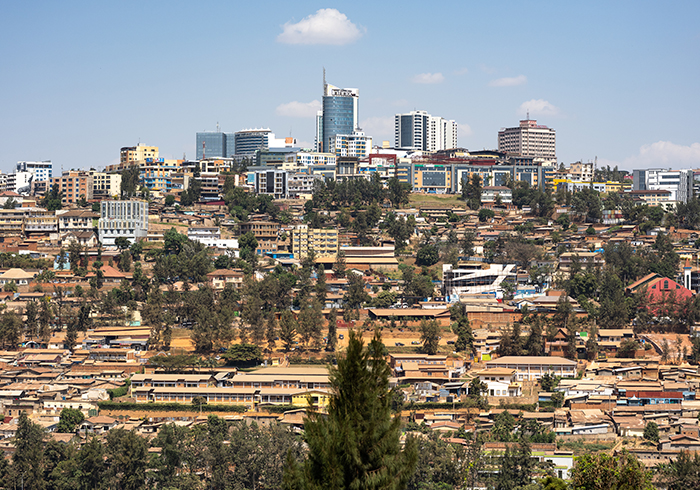The results of a digital trade initiative in Africa show the continent has made progress but barriers to paperless trade persist, according to the World Trade Organization (WTO) and the World Bank.
The organisations have carried out digital trade reviews for six countries – Benin, Côte d’Ivoire, Ghana, Kenya, Nigeria and Rwanda – to identify potential next steps for policy.
Yet while most of these countries now have “substantial frameworks in place”, the reviews found that the implementation and adoption of paperless trade remain challenging “due to a lack of secondary legislation or overly strict frameworks”.
The findings come from the pilot phase of a joint WTO-World Bank project titled ‘Digital Trade for Africa’, which aims to help African countries use digital trade to boost exports, access new markets and include more women and SMEs.
It began in 2023 with a joint policy note that called for the creation of an “enabling regulatory environment for digital trade”.
At an event held on September 25, experts from the WTO and World Bank secretariats presented key findings from the reports.
In 2024, Africa recorded a 13% year-on-year increase in exports of digitally delivered services, according to WTO data. Yet the regulatory environment is holding some countries back, the report says.
In a regulatory gap analysis, the World Bank found that basic e-documents and e-signature regulations are largely in place and generally follow the UNCITRAL model laws.
Despite this, there has been limited uptake due to incomplete implementation or frameworks for e-signatures being too rigid for commercial transactions.
E-transactions regulations typically require secondary legislation setting out the government bodies or private entities that can issue digital signatures, the report explains.
“These frameworks and the relevant public bodies that put those procedures in practice are lacking in our group.”
In some cases, like Rwanda, digital signatures are in place but are aimed at government services, which means processes are stricter and more secure than is necessary for commercial transactions.
More advanced regulations for paperless trade are also missing from the six countries, such as electronic invoicing or the recognition of electronic transferable records.
Martín Molinuevo, senior counsel for the trade team at the World Bank, noted that while “substantial progress” had been made in areas such as electronic invoicing, e-signatures and e-contracts, there were “weaker frameworks for cross-border data flows”.
Despite these challenges, the six countries’ “connectivity foundations”, including electricity access, internet coverage and affordability, showed signs of improvement.
In Benin and Rwanda, the share of the population with electricity access surpassed the Sub-Saharan African average in 2022, while Côte d’Ivoire, Ghana and Kenya recorded access rates of over 70% in 2023.
But although 3G networks covered 85% to 99% of the populations in the pilot countries, none of them had 5G coverage above Nigeria’s 11.8%, versus the global average of 44.5%.
Overall, exports of digitally delivered services have “largely been on an upward trajectory” across the six countries, the report says, with Ghana leading the pack.
In 2024, its exports of these services totalled US$6.2bn.
Looking ahead, Xiangchen Zhang, deputy director-general at the WTO, told attendees at the information session that the intention is “to help these pilot countries leverage best practices globally and mobilise donor support for drafting and enforcing relevant laws and regulations”.
“In the next phase of the DTA project, we will work with each pilot country individually to provide a tailor-made technical assistance programme for them,” he said.
Another recent report from the WTO found that artificial intelligence could boost the value of cross-border flows of goods and services by nearly 40% by 2040, but unequal access to digital infrastructure, skills and hardware also risks an uneven impact globally.







